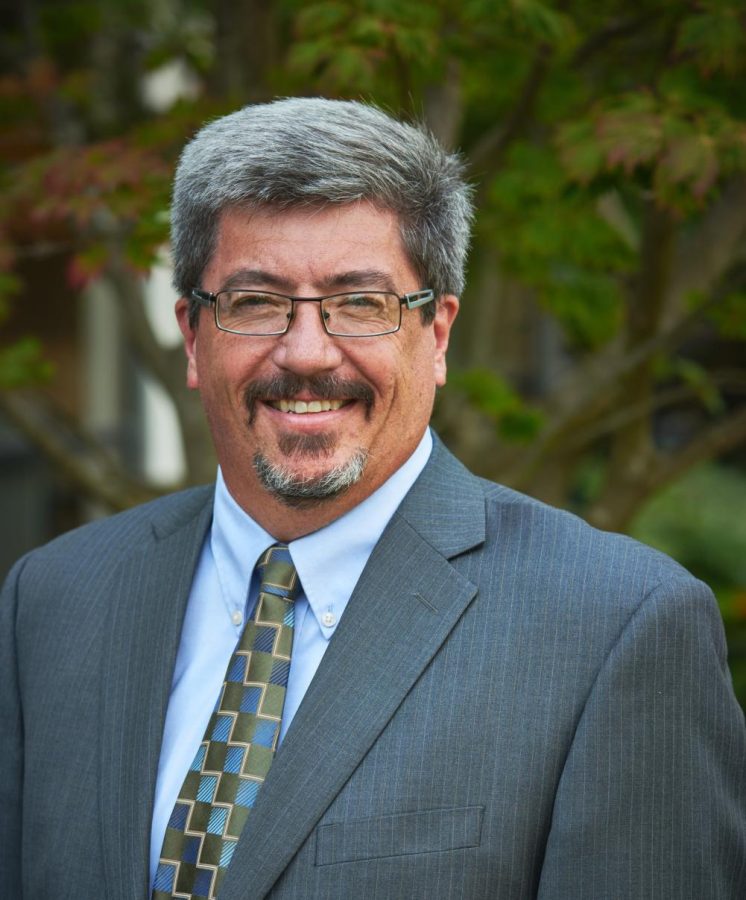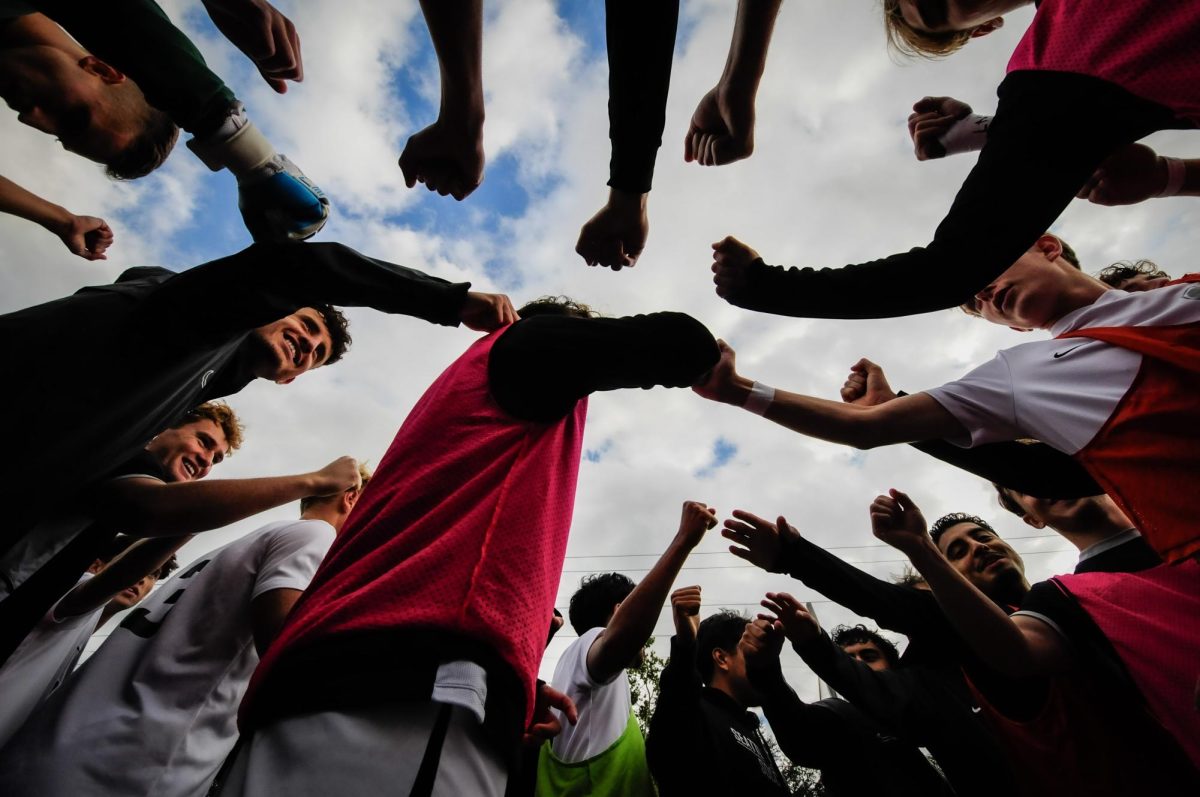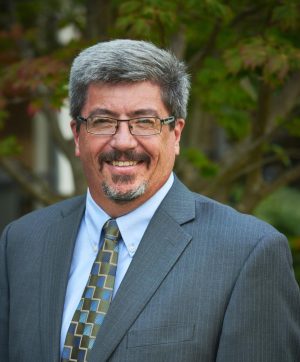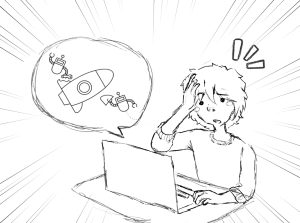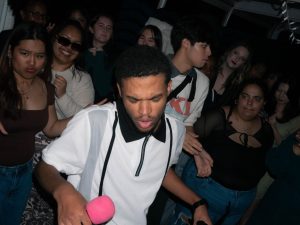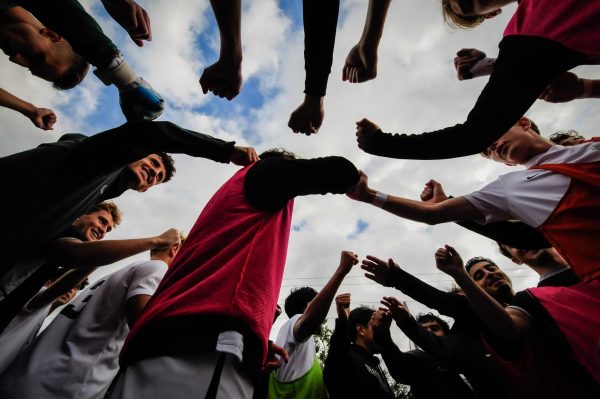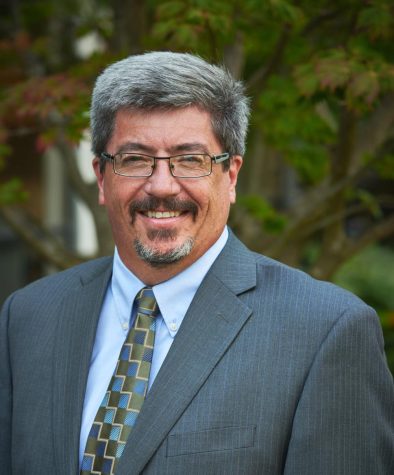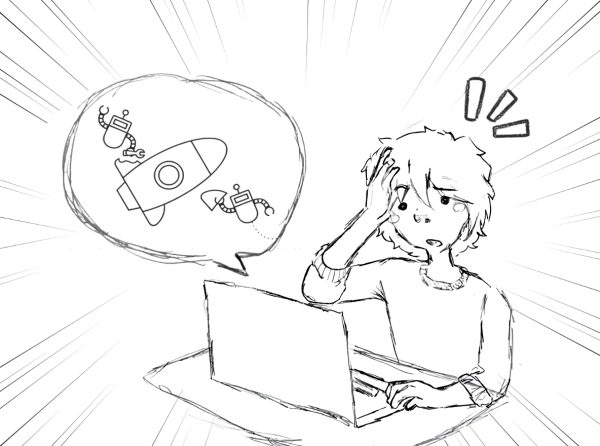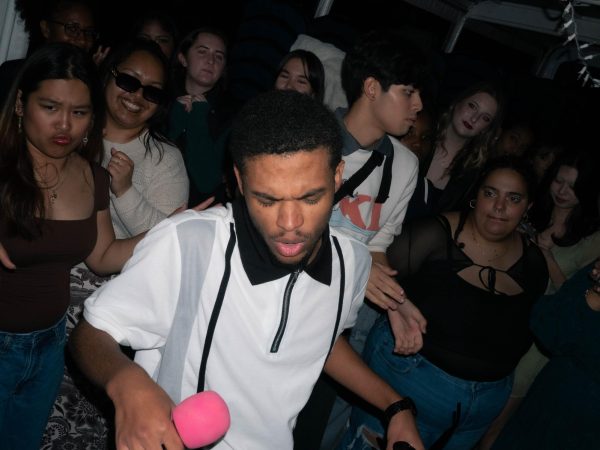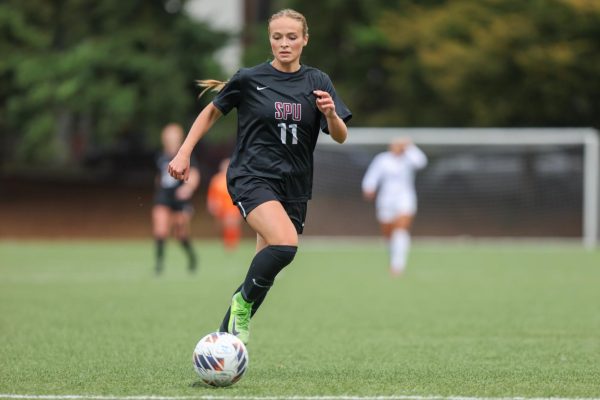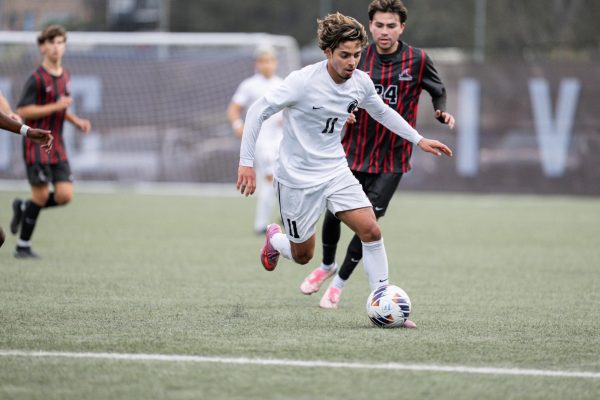Empathy is
Dr. Darrell Allen shares his travels, testimony to learning
February 18, 2022
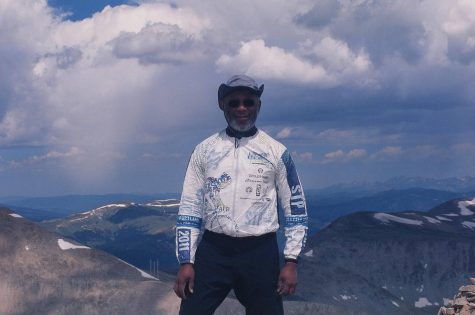
Engaging the culture, changing the world is a lofty and evangelical ambition.
Ask Dr. Darrell Allen what it means to do this. As an adjunct professor of history at Seattle Pacific University, Allen teaches to impart learning through empathy.
“If you’re going to change the world, as I always argue in my UCOR 2000 classes, you have to have a genuine understanding and empathy of the different cultures that we are confronting,” said Allen.
Allen’s journey of empathy began in Guam. In sixth grade, his father, who was in the Air Force, was assigned to the island.
“After my father retired from the Air Force, we moved off the Air Force base and lived in a village. We were intermixed with the culture in Guam, which is very internationally oriented. Lots of different people from different places, lots of different festivals going on,” said Allen. “You get used to being in a mixing bowl.”
A mixing bowl analogy contradicts the melting pot. America is often considered a place where different people become one, but Allen says otherwise.
“People don’t become ‘one.’ People maintain their distinctiveness and they express it, but they get along with everybody else,” said Allen.
Allen understands that while people take on their surroundings, they also share and retain their roots. Throughout his travels, this has been true of himself and of the communities he has encountered.
As a specialist in East Asian Studies and Modern Japan, his interest in Asian culture first sparked while in Guam. In 8th grade, Allen read an article about Japanese tourists who would leave their valuables under their umbrellas at the beach unattended.
“I read this article and was thinking, ‘What idiot would do this?’ But then as I thought about it a little longer, I thought, maybe it’s something from where they’re from,” said Allen. “Later on, when I was in Japan myself, I discovered, in fact, that if someone left their wallet or something on the train, often you could get it back because it’s not touched. I was thinking, ‘This must be a pretty fascinating culture, I would like to know more about it.’”
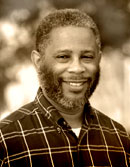
Dr. Allen took after his father and joined the U.S. Air Force after high school. He became a morse system operator and scored his first pick for an overseas assignment: Japan. It was supposed to be a pathway into the United States Air Force Academy, but after a year of enrollment, plans fell through.
“I was in the academy for a year, but I can’t do math, and so they asked me to take a walk,” said Allen.
Still, he sought university and a presence in Japan. Allen attended Colorado State University for political science and East Asian studies. He would go on to teach English in Japan, pursue graduate studies at Sophia University and earn a doctorate degree at the University of Kansas.
Degrees yield knowledge, but Allen also took lessons from different cultures, the substance of people and places. Japan, Guam and the United States have been, in a sense, teachers. They taught him empathy.
“They’re going to have a belief in certain sets of thought processes that they hold just as dear and just as fundamental to their own life that we hold to ours,” said Allen. “You might not necessarily agree with it, but you want to be able to experience and empathize and learn with them and be flexible.”
Empathy can be difficult. American culture is rife with subdivisions. Differences of culture become racial and political reasons for conflict and enduring hatred. It is or is not. It is normal or wrong. It is here or there. The membrane between people becomes harder to breach. While empathy dims, difference inflames.
“In Mississippi, I learned from my roommate that a black man should not go walking on the beach by himself at night. I was doing that, because I used to do that in Guam,” said Allen. “My roommate found out I was doing [it] and said, ‘You’re an idiot. Because if you’re out there at a beach by yourself as a Black man, you might not come back.’”
Perhaps the mixing bowl has spilled.
Engaging in a culture comes with fearlessly embracing the unknown. There is uncertainty. People feel most comfortable amongst their community and most vulnerable amongst others. It is easier to build social and physical walls rather than break them down. Change is necessary. But according to Allen, one must engage the culture before changing it.
“I learned the idea that cultures can coexist. They can champion their own beginnings, but they can also embrace the other people that they’re confronting,” said Allen. “Never lose the desire to learn more about a culture different than your own.”

